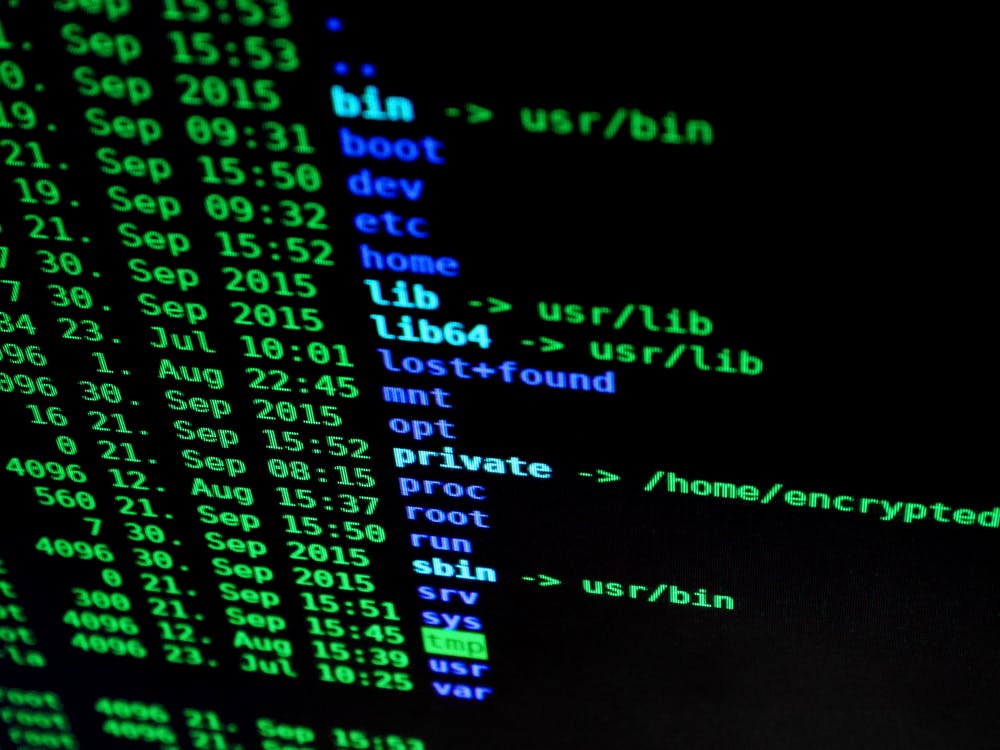
Startups face a unique set of challenges when it comes to cybersecurity. With limited resources and budgets, it can be hard to prioritize security measures. However, analyzing trends can be a helpful tool in mitigating potential risks. Cybersecurity has become even more crucial than ever for startups, as attacks can be costly financially and reputation-wise. One area to focus on is certificate lifecycle management.
Certificates are used for secure communication and authentication, and it is essential to ensure they are up-to-date and properly managed. A certificate manager tool can provide automated monitoring of certificates, allowing startups to respond to any issues that arise quickly. Startups must know the latest trends and proactively mitigate potential cybersecurity risks. This blog will explore some trends that startups should analyze to mitigate potential cybersecurity risks.
1. Cloud Security Threats

Cloud-based applications have grown in recent years, especially among startups. Cloud service providers offer easy, scalable, and cost-effective solutions, but they also come with security challenges. Startups that store their data in the cloud are still responsible for securing their information. Hackers can exploit vulnerabilities in cloud infrastructure to gain access to sensitive enterprise data. Startups should take measures to secure their cloud infrastructure by using encryption, authentications, and access controls. Startups should also closely monitor their cloud environment and have a backup plan in case of a security breach.
2. Artificial Intelligence (AI) And Machine Learning (ML)
Artificial intelligence and machine learning continue transforming the business landscape but pose significant security risks. Malicious actors can use AI and ML to bypass security systems, making detecting and preventing attacks challenging. On the other hand, AI and ML are powerful tools that can help detect potential threats and automate the response. Startups should use AI and ML to analyze and predict cybersecurity threats, providing actionable insights to reduce risk.
3. Mobile Security

Mobile devices have become essential to our daily lives, making them vulnerable to attack. Startups that allow their employees to use personal devices for work purposes must take measures to secure those devices. They should require passwords for all mobile devices, use encryption for data at rest and in transit, and install antivirus software. Educating employees about the risks of using their mobile devices for work is also essential.
4. Zero-Trust Security
Zero-trust security assumes that all devices, users, and applications are potentially malicious and requires verification of every user or device that tries to connect to the company’s network. This approach helps to limit the impact of a cyber attack by isolating the damage. Startups should implement a zero-trust security model to access data and systems, especially for their remote workforce. Zero-trust security creates a secure environment by requiring multiple factors for authentication and authorization.
5. Cybersecurity Best Practices

Cybersecurity is not a one-time event but rather an ongoing process. Startups must implement security policies and best practices relevant to their business and industry. One such practice is certificate lifecycle management, which can help to ensure secure communication and reduce the risk of cyber attacks. Additionally, keeping all software up to date, using strong passwords, and creating a business continuity plan are essential steps in establishing a culture of security within the organization. By educating employees on the importance of cybersecurity, startups can make more informed decisions and reduce the likelihood of security breaches.
Conclusion
Startups encounter distinct cybersecurity challenges that necessitate proactive and inventive solutions. By analyzing the latest trends and best practices, startups can implement measures to mitigate their business’s potential cybersecurity risks. Startups should adopt a holistic approach to cybersecurity, including cloud security, AI and ML, mobile security, zero-trust security, and cybersecurity best practices to secure their business effectively. Startups must prioritize cybersecurity, considering the impact of financial and reputation losses that could result from a cyber attack. By considering these measures, startups can continue to grow and thrive in today’s fast-paced technology landscape.




